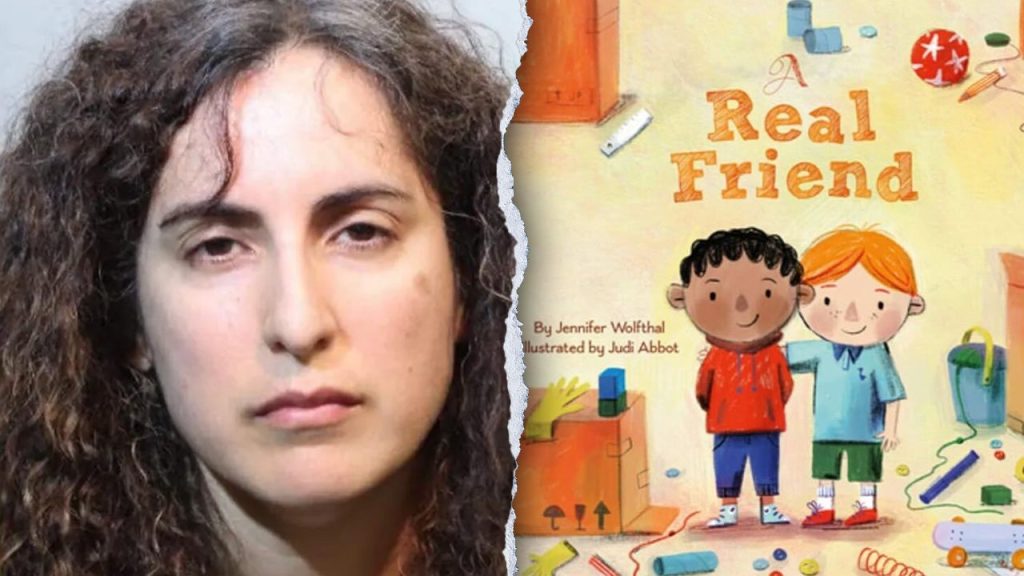The disturbing case of Jennifer and Joseph Wolfthal, a Florida couple who authored children’s books and worked as an engineer, respectively, unveiled a stark contrast between their public image and the horrifying reality of their private lives. Jennifer, known for her book “A Real Friend,” which ironically focused on themes of friendship and kindness, pleaded guilty to aggravated child abuse and neglect of a child with great bodily harm, alongside her husband. Their victims were their own adopted children, a stark betrayal of the trust and care associated with parenthood. The couple’s actions exposed a disturbing undercurrent of abuse hidden beneath a veneer of normalcy, shocking the community and raising questions about the hidden nature of child maltreatment.
The investigation into the Wolfthals began in 2021 after their 8-year-old adopted daughter was admitted to the hospital in a critical condition. Suffering from organ failure, unconsciousness, and covered in injuries, the young girl’s condition immediately raised red flags for medical professionals. Police reports detailed the extent of her injuries, noting significant bruising and lacerations inconsistent with accidental falls, given her small stature. This discovery prompted a deeper investigation into the Wolfthal household, revealing a pattern of abuse and neglect affecting all three of their adopted children.
Upon visiting the family home, investigators uncovered a scene of neglect and confinement. The two other adopted children, aged 9 and 11, displayed signs of malnourishment, bruising, and a general lack of care. Further investigation revealed a chilling detail: the children’s bedroom doors had their doorknobs installed backward, with the locks on the outside, effectively trapping them inside. This disturbing discovery painted a picture of isolation and control, further highlighting the extent of the children’s suffering.
The investigation uncovered even more disturbing evidence. Authorities found over 1,100 handwritten paragraphs detailing the abuse the children endured. The writings described forced immobility and silence, offering a harrowing glimpse into the children’s daily lives under the Wolfthals’ care. The sheer volume of these written accounts emphasized the systematic nature of the abuse and the children’s desperate need to document their experiences. These writings became crucial pieces of evidence, providing a voice to the children and revealing the extent of their trauma.
The Wolfthals’ guilty pleas resulted in a 12-year prison sentence for Jennifer and a 10-year sentence for Joseph. While the plea agreement spared the children the further trauma of testifying in court, it also underscored the severity of their crimes. The State Attorney’s Office emphasized the importance of protecting the children, ensuring their well-being remained the priority throughout the legal proceedings. The children were subsequently placed in the care of another family, offering them a chance to heal and rebuild their lives away from the abuse they had endured.
This case highlights the tragic reality that child abuse can occur in any household, regardless of outward appearances. Jennifer Wolfthal’s authorship of a children’s book promoting friendship adds a layer of irony to the case, underscoring the deceptive nature of abuse. The contrast between the wholesome image she projected and the horrific reality of her actions serves as a chilling reminder of the importance of vigilance and the need to protect vulnerable children. The Wolfthal case serves as a stark example of the hidden suffering that can exist behind closed doors and the crucial role of intervention in breaking the cycle of abuse.











